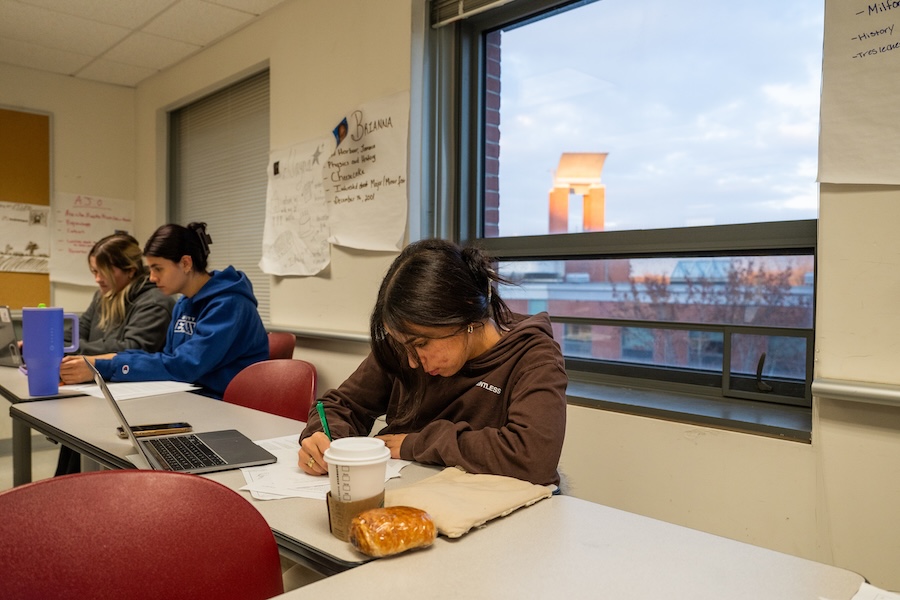
Undergraduate
Majors
English, B.A.
English, B.S. - Secondary Education
Minors
Minor in English
Minor in Arts Administration and Cultural Advocacy
Minor in Renaissance Studies
Graduate
Graduate Programs
Creative Writing, M.F.A.
English, M.A., M.S.
